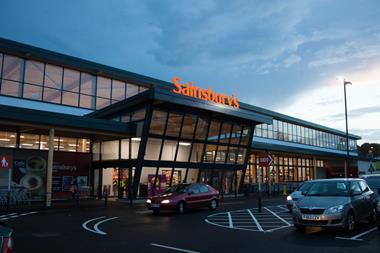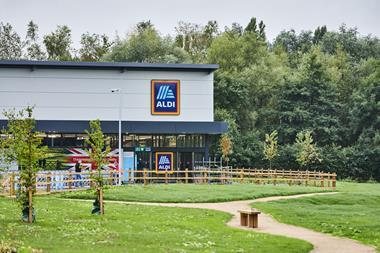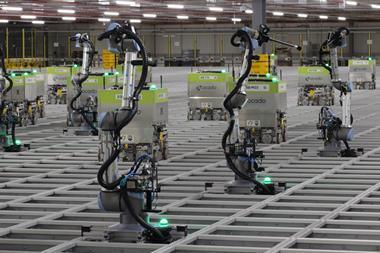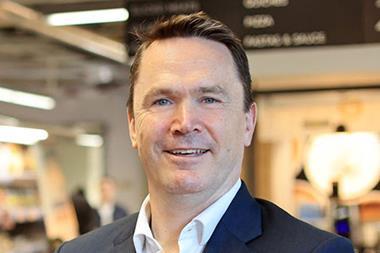In particular, he will need to lift the morale of the top 1,100 managers, who would have been able to redeem their four-year, long-term incentive plans next year – one year early – if the Qatari investment vehicle’s£10.6 billion offer had gone ahead.
A Sainsbury’s insider said many of the managers had planned how they would spend the money and were feeling “pretty deflated”, although the more general mood was “fairly upbeat”.
Blue Oar Securities analyst Greg Lawless said: “King has to lift morale because people are not going to get paid.”
This week, King acted to lift morale among the senior staff in an e-mail saying: “We will now need everyone to stay focused on serving our customers, especially as we are well into the important Christmas trading period.”
Shore Capital analyst Clive Black said: “Sainsbury’s should benefit from greater focus with distraction removed for now.”
Many industry experts believe that Sainsbury’s would have been weakened under Delta Two’s ownership, particularly on price competitiveness, because of the need to deliver a return on its investment.
“As a public company, it probably will be better equipped to compete on price. Asda and Tesco would have probably pressed the price button as soon as it went private,” said Lawless.
“It is still a recovery play, but there is an operating margin ceiling of about 4 per cent that it has not broken for the past 10 to 12 years.”
Delta Two blamed the credit crunch and the demands of Sainsbury’s pension trustees for the collapse of the deal. The grocer’s shares closed down 21 per cent at 440p – wiping£2 billion off its market capitalisation – on Monday, when the termination of talks was revealed.
However, Black said that a share price of between 350p and 400p was a “suitable resting range, subject to the re-emergence of fundamental valuations”.


























No comments yet